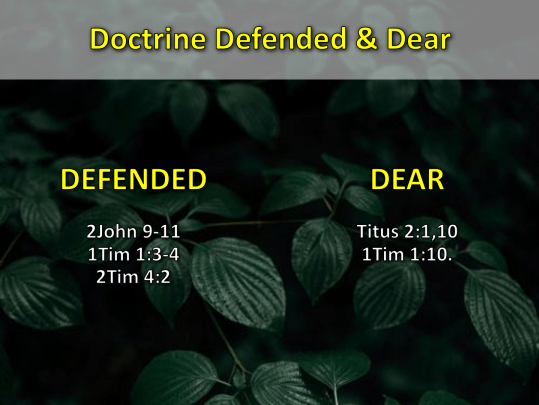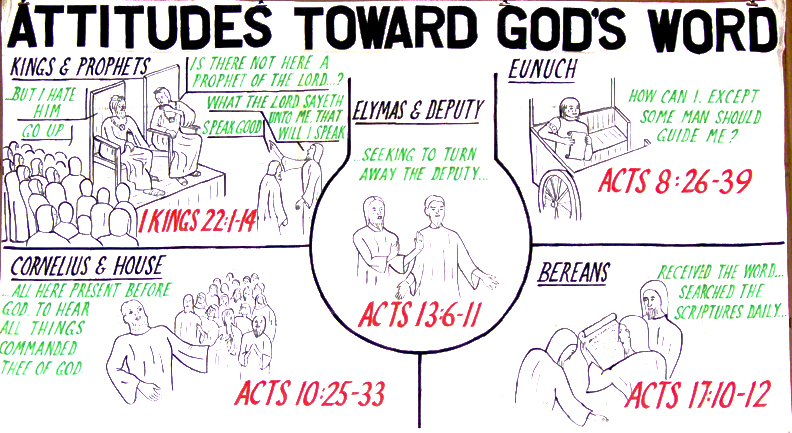
The way most use the word “FELLOWSHIP” is in connection to a common meal. While having something in common is the meaning of fellowship, BIBLICAL FELLOWSHIP is far more. To reduce it to a common meal is to miss it altogether.
What does the bible say about FELLOWSHIP? Here are all the words for fellowship, beginning with the English word, then a breakdown of its various Greek forms.
FELLOWSHIP in English.
Le 6:2 If a soul sin, and commit a trespass against the LORD, and lie unto his neighbour in that which was delivered him to keep, or in fellowship, or in a thing taken away by violence, or hath deceived his neighbour;
Ps 94:20 Shall the throne of iniquity have fellowship with thee, which frameth mischief by a law?
Ac 2:42 And they continued stedfastly in the apostles’ doctrine and fellowship, and in breaking of bread, and in prayers.
1Co 1:9 God is faithful, by whom ye were called unto the fellowship of his Son Jesus Christ our Lord.
1Co 10:20 But I say, that the things which the Gentiles sacrifice, they sacrifice to devils, and not to God: and I would not that ye should have fellowship with devils.
2Co 6:14 Be ye not unequally yoked together with unbelievers: for what fellowship hath righteousness with unrighteousness? and what communion (same word) hath light with darkness?
2Co 8:4 Praying us with much intreaty that we would receive the gift, and take upon us the fellowship of the ministering to the saints.
Ga 2:9 And when James, Cephas, and John, who seemed to be pillars, perceived the grace that was given unto me, they gave to me and Barnabas the right hands of fellowship; that we should go unto the heathen, and they unto the circumcision.
Eph 3:9 And to make all men see what is the fellowship of the mystery, which from the beginning of the world hath been hid in God, who created all things by Jesus Christ:
Eph 5:11 And have no fellowship with the unfruitful works of darkness, but rather reprove them.
Php 1:5 For your fellowship in the gospel from the first day until now;
Php 2:1 If there be therefore any consolation in Christ, if any comfort of love, if any fellowship of the Spirit, if any bowels and mercies,
Php 3:10 That I may know him, and the power of his resurrection, and the fellowship of his sufferings, being made conformable unto his death;
1Jo 1:3 That which we have seen and heard declare we unto you, that ye also may have fellowship with us: and truly our fellowship is with the Father, and with his Son Jesus Christ.
1Jo 1:6 If we say that we have fellowship with him, and walk in darkness, we lie, and do not the truth:
1Jo 1:7 But if we walk in the light, as he is in the light, we have fellowship one with another, and the blood of Jesus Christ his Son cleanseth us from all sin.
KOINONIA. using a different English word than above.
Rom 15:26 For it hath pleased them of Macedonia and Achaia to make a certain contribution for the poor saints which are at Jerusalem.
1Cor 10:16 The cup of blessing which we bless, is it not the communion of the blood of Christ? The bread which we break, is it not the communion of the body of Christ?
2Co 9:13 Whiles by the experiment of this ministration they glorify God for your professed subjection unto the gospel of Christ, and for your liberal distribution unto them, and unto all men;
2Co 13:14 The grace of the Lord Jesus Christ, and the love of God, and the communion of the Holy Ghost, be with you all. Amen.
Phm 1:6 That the communication of thy faith may become effectual by the acknowledging of every good thing which is in you in Christ Jesus.
Heb 13:16 But to do good and to communicate forget not: for with such sacrifices God is well pleased.
KOINONOS, koy-no-nos’
Mt 23:30 And say, If we had been in the days of our fathers, we would not have been partakers with them in the blood of the prophets.
Lu 5:10 And so was also James, and John, the sons of Zebedee, which were partners with Simon.
1Co 10:18 Behold Israel after the flesh: are not they which eat of the sacrifices partakers of the altar?
1Co 10:20 But I say, that the things which the Gentiles sacrifice, they sacrifice to devils, and not to God: and I would not that ye should have fellowship with devils.
2Co 1:7 And our hope of you is stedfast, knowing, that as ye are partakers of the sufferings, so shall ye be also of the consolation.
2Co 8:23 Whether any do enquire of Titus, he is my partner and fellowhelper concerning you:
Phm 1:17 If thou count me therefore a partner, receive him as myself.
Heb 10:33 Partly, whilst ye were made a gazingstock both by reproaches and afflictions; and partly, whilst ye became companions of them that were so used.
1Pe 5:1 ¶ The elders which are among you I exhort, who am also an elder, and a witness of the sufferings of Christ, and also a partaker of the glory that shall be revealed:
2Pe 1:4 Whereby are given unto us exceeding great and precious promises: that by these ye might be partakers of the divine nature, having escaped the corruption that is in the world through lust.
KOINOS, koy-nos’ COMMON / UNCLEAN.
Jude 1:3 Beloved, when I gave all diligence to write unto you of the common salvation,
Titus 1:4 To Titus, mine own son after the common faith: Grace, mercy, and peace, from God the Father and the Lord Jesus Christ our Saviour.
There are other verses using this root word, all mean common or unclean.
Mark 7:2; Acts 2:42; 4:32; 10:14,28; 11:8; Rom 14:14; Heb 10:29;
A clear picture emerges about SPIRITUAL FELLOWSHIP.
And they continued stedfastly in the apostles’ doctrine and fellowship, and in breaking of bread, and in prayers.
fellowship of his Son Jesus Christ our Lord.
partakers of the sufferings,
the right hands of fellowship;
the fellowship of the mystery,
your fellowship in the gospel
any fellowship of the Spirit
the fellowship of his sufferings,
partaker of the glory that shall be revealed
partakers of the divine nature,
common salvation,
common faith:
contribution for the poor saints
the fellowship of the ministering to the saints.
liberal distribution unto them,
the communication of thy faith
do good and to communicate
communion of the blood of Christ?
communion of the body of Christ?
the communion of the Holy Ghost,
But if we walk in the light, as he is in the light, we have fellowship one with another
that ye also may have fellowship with us: and truly our fellowship is with the Father, and with his Son Jesus Christ.

